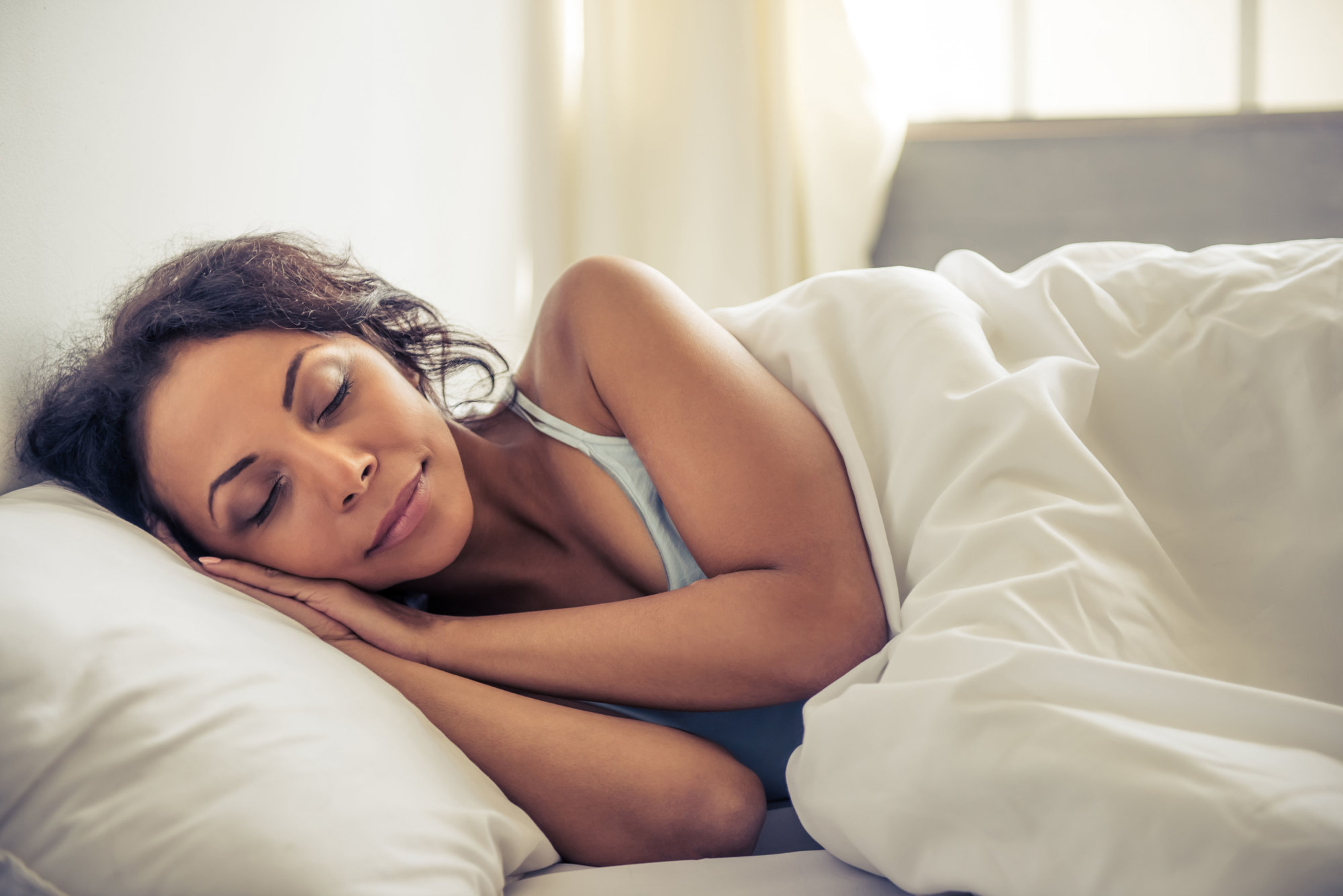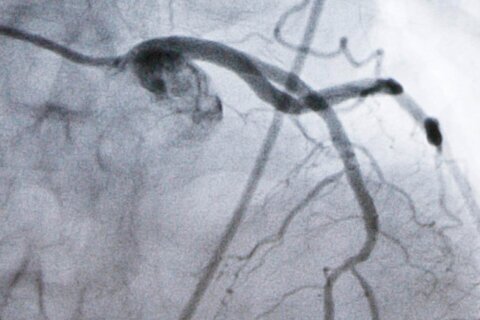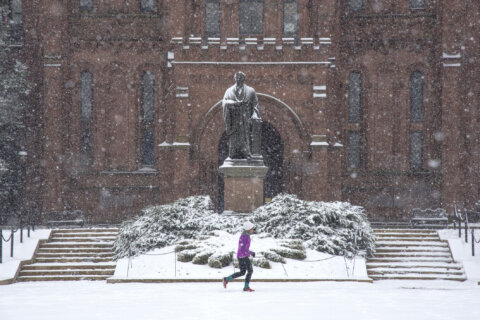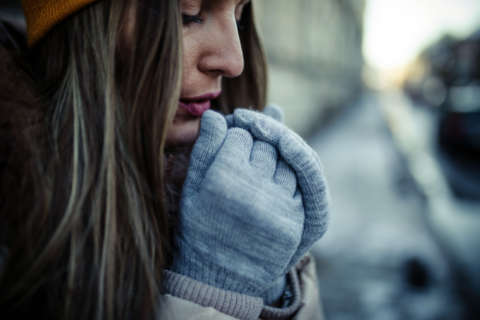
Lack of sleep isn’t just a nuisance; it’s a health problem. The Centers for Disease Control and Prevention has declared sleep disorders a public health epidemic.
“It’s actually shocking, and it seems to be increasing,” Sally Squires, who writes the Lean Plate Club™ blog, told WTOP. One-third of U.S. adults “are walking around not having had enough sleep,” defined as at least seven hours per night. It’s “literally a wake-up call for all of us,” she added.
The CDC’s studies indicate that men are less likely to get sufficient sleep than women, and adults ages 25 to 64 are most likely to suffer from lack of sleep. Geographically, the Southeast, the Appalachian area and the Southwest are most susceptible to lack of sleep.
In this area, D.C. clocks in at 31.9 percent of adults with insufficient sleep; Virginia, at 35.9 percent, and Maryland at 38.5 percent, based on the CDC’s 2014 numbers.
Squires explained that there are four major sleep disorders:
- Insomnia, which is the inability to fall asleep or stay asleep;
- Narcolepsy, which combines excessive daytime sleepiness with sudden muscle weakness. Squires describes it as “like a sleep attack” and adds, “It’s not that common, but you’d know it if you had it”;
- Restless leg syndrome, which feels like a creeping sensation in the lower legs and is often linked to aches and pains throughout the legs; makes falling asleep difficult;
- Sleep apnea, the most obvious symptom of which is snoring, but which also includes gasping and snorting. People with sleep apnea stop breathing at various times during the night and wake up suddenly to breathe again. “It’s a very serious medical disorder that needs to be treated,” Squires said.
Lack of sleep can lead to driving accidents and mishaps of all kinds, but Squires pointed out a host of health risks. Insufficient sleep is linked to an increased risk of type 2 diabetes, premature heart disease, stroke, high blood pressure, irregular heart rates, depression and obesity.
It’s also bad news for people trying to control their weight, Squires said. Without enough sleep, “You have to keep going; you need that energy. So you overeat to compensate.”
Squires passed on some suggestions on getting more sleep:
- Set a regular sleep schedule, and allow for at least seven hours a night;
- Eat three meals a day, also on a regular schedule;
- Exercise;
- Limit your screen time before bed, including TV and smartphone time;
- Take a hot shower or bath before bed — as your body cools down afterward, it gets easier to fall asleep;
- Reduce not only your caffeine consumption but your alcohol intake — Squires pointed out that “Alcohol is wonderful to consume in small amounts, but what it does is put you into a deep sleep right away, and you wake up a couple of hours later.”








